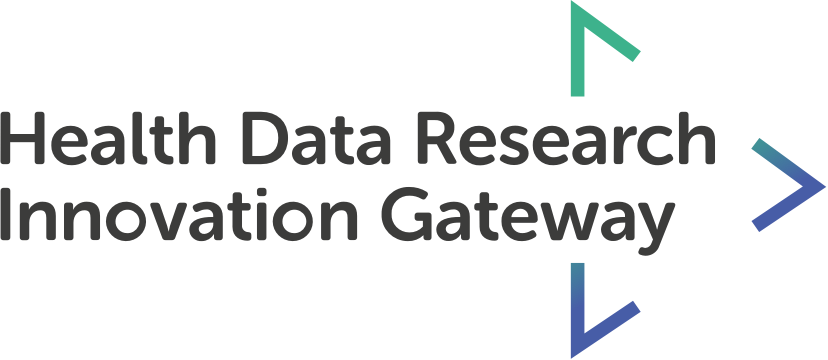Research Question: (RQ98):
What is the impact of starting inhaled corticosteroids early in the course of COVID-19 illness (first 7 days of symptoms) in preventing the deterioration of illness, which then leads to ED presentation and hospitalisation?
Submitter:
Sanjay Ramakrishnan, Nuffield Department of Medicine University of Oxford
Submission Date:
28/05/2020
Research Question Narrative:
Early data from multiple studies from around the world, show that severe cases of CoVID-19 are not as prevalent in patients with chronic lung diseases as expected. We think that the widespread use of inhaled corticosteroids may be reducing the risk of severe CoVID-19 infection in patients with chronic lung disease. Early experimental data also shows that inhaled corticosteroids are effective at slowing down the rate of coronavirus replication on lung cells.
Inhaled corticosteroids are widely used to manage common lung conditions, such as asthma and chronic obstructive lung disease. This type of medicine is among the top 3 most common medication prescribed around the world. These medicines are safe, the way inhaled steroids work is well understood, and the potential side effects are mild and reversible.
We propose to test the idea that, in participants early in the course of CoVID-19 illness, daily inhaled corticosteroids for a maximum of 28 days, will reduce the chances of severe respiratory illness needing hospitalisation. We will also study the effect of this inhaled therapy on physiology, symptoms and the amount of virus that is shed.
Whilst the RECOVERY study is looking at the effectiveness of low dose dexamethasone and is investigating treatments for patients already admitted to hospital with a different route of drug delivery, this study (STOIC) will assess the effectiveness of inhaled corticosteroids at preventing emergency department visit or hospitalisation. So, in effect, participants in our study may still be eligible for RECOVERY if they do get hospitalised. We feel that inhaled corticosteroids are the most likely reason for the unusually low numbers of patients with asthma, cystic fibrosis, and COPD (where inhaled corticosteroids are very commonly prescribed) admitted to hospital with COVID-19.
We think that by starting inhaled corticosteroids early in the course of the illness (first 7 days of symptoms), we can prevent the deterioration of illness, which then leads to ED presentation and hospitalisation.
SAGE Priority Area:
Direct Impact; Indirect Impact - Healthcare Pressures
Prioritisation Score:
8
Prioritisation Rounds:
1
Research Funnel Stage:
3 - Prioritise
Data Sourcing Requirements:
We are hoping to start participants in Oxfordshire with early symptoms of COVID-19 on inhaled corticosteroids to assess rates of emergency department presentation and/or hospitalisation. We hope you could advertise our study when members of the public from Oxfordshire go to the government website to book a COVID swab test. Our website is currently under ethics review (stoic.ndm.ox.ac.uk) and participants will be asked to contact study nurses if they were interested. Our IRAS project ID is: 282772 Our REC project ID is: 20/HRA/2351. No further support required.
Emerging Insights (if provided):
-23/06/2020: The OpenSAFELY study found that inhaled corticosteroid use in people with asthma did not protect against COVID19 related deaths: https://www.medrxiv.org/content/10.1101/2020.06.19.20135491v1
Original content: https://web.www.healthdatagateway.org/project/8431015983146728
